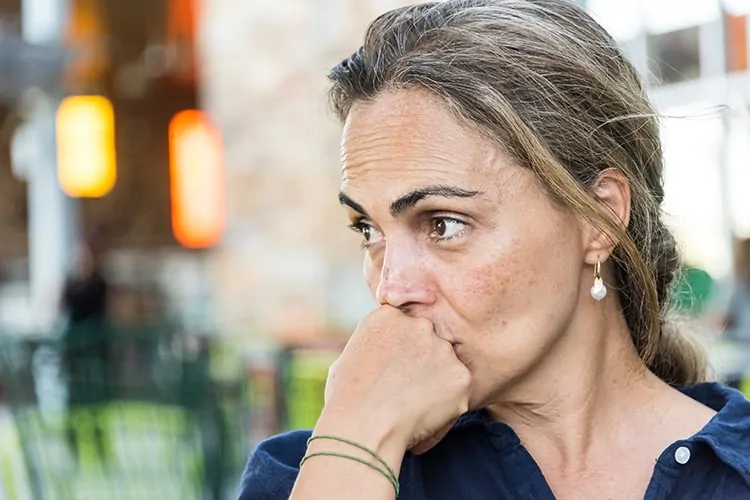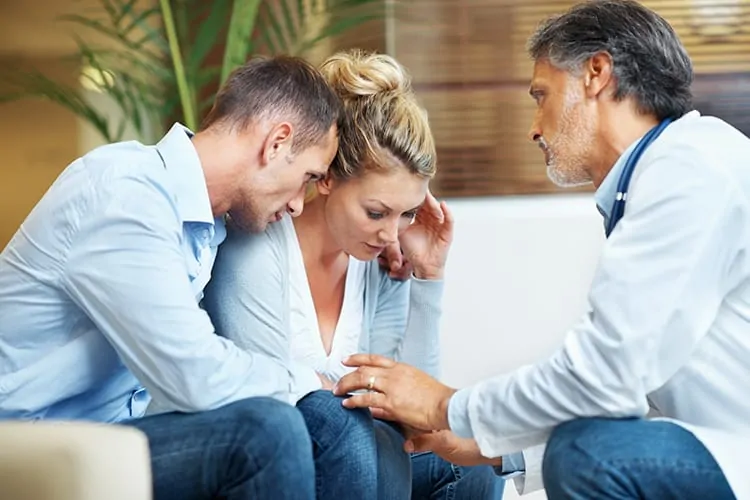Age affects the state of women's eggs - read on to learn more about the impact that age can have and what to consider when in comes to fertility treatment and egg donation options.
For a variety of reasons, more and more people are postponing childbearing. As a result, the need for assisted reproduction such as in-vitro fertilization (IVF) is growing. Unfortunately, reproductive aging, the age-related decline in fertility especially with respect to human eggs, cannot necessarily be overcome by fertility treatment. Given that there are a finite (limited) number of eggs that a woman is born with and these eggs decrease in number and quality over time, fertility treatment success diminishes with age.
Assisted reproductive technologies like IVF are aimed at stimulating multiple eggs to grow, to increase the chance of success for that cycle. This means that if egg numbers are low (known as decreased or diminished ovarian reserve), and/or if poor egg quality exists (which is typically due to increasing chromosomal abnormalities associated with aging), then the success of fertility treatments is significantly lower.
Although ovarian aging varies from person to person with no reliable way to predict it, the decline gradually begins after age 30, with a steeper drop at age 35. If one were to plot pregnancy and miscarriage rates on a graph, the curves start out with pregnancy more likely than miscarriage but with increasing age, pregnancy rates decline and miscarriage rates increase. This means that with increasing age, it takes longer and becomes harder to get pregnant, and it also becomes harder to stay pregnant.
Therefore, early access to fertility evaluation and treatment is very important. For that reason, fertility investigations/testing should be initiated earlier in women who are at an age that might lower their fertility. In some cases where there is an obvious cause for infertility such as irregular periods or known medical factors that might cause problems or in those who need access to sperm or eggs such as single individuals or same-sex couples, getting tested even earlier than that may be warranted.

Another little known fact is that the ability to conceive declines years before the first symptoms of menopause. Therefore, if someone presents to a fertility clinic already in perimenopause (the phase right before the complete stopping of regular menstrual periods), there are very few treatment options available. In fact, the only effective treatment for ovarian aging is egg donation. Egg donation involves an egg donor who is either Non-ID-Release Egg Donor or known to the intended parent. The age of the egg donor should ideally be less than 35 years of age. Pregnancy rates associated with donor eggs are significantly higher than those associated with other assisted reproductive technologies.

It is important to note, however, that even though pregnancy rates are significantly higher with donor eggs, the risks associated with carrying a pregnancy at an older age are not lessened by egg donation. For example, when people are older they are more likely to have pre-existing conditions like high blood pressure and even if they don’t already have high blood pressure, the risk of it developing in pregnancy increases with age. They are also more likely to develop diabetes in pregnancy and have complications with their placenta such as placenta previa.
Although delayed childbearing is often not a conscious choice, it is important that people understand the extent to which medical technologies can help with conception and what their limitations are. At the present time, science cannot stop the aging of human eggs. Once eggs are few in number and poor in quality, the success of IVF drops dramatically and the most successful treatment is to avoid trying to conceive with those eggs and instead opting for egg donation.
As mentioned above, female fertility decline around the age of 35, so freezing human eggs at a younger age when they are of good quality may improve a woman’s chance of having baby when older. You can read more about freezing eggs and embryos in this article.



